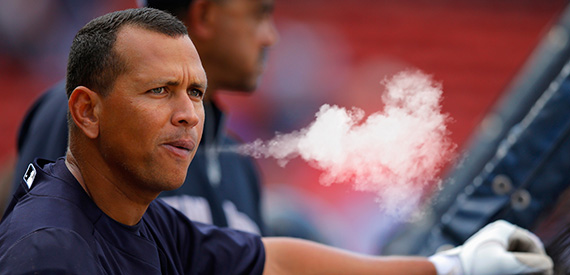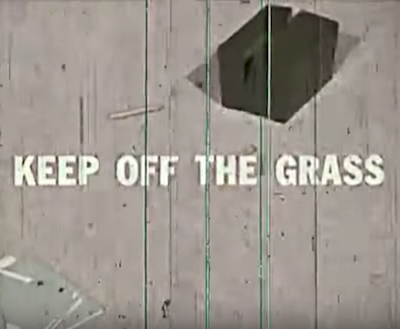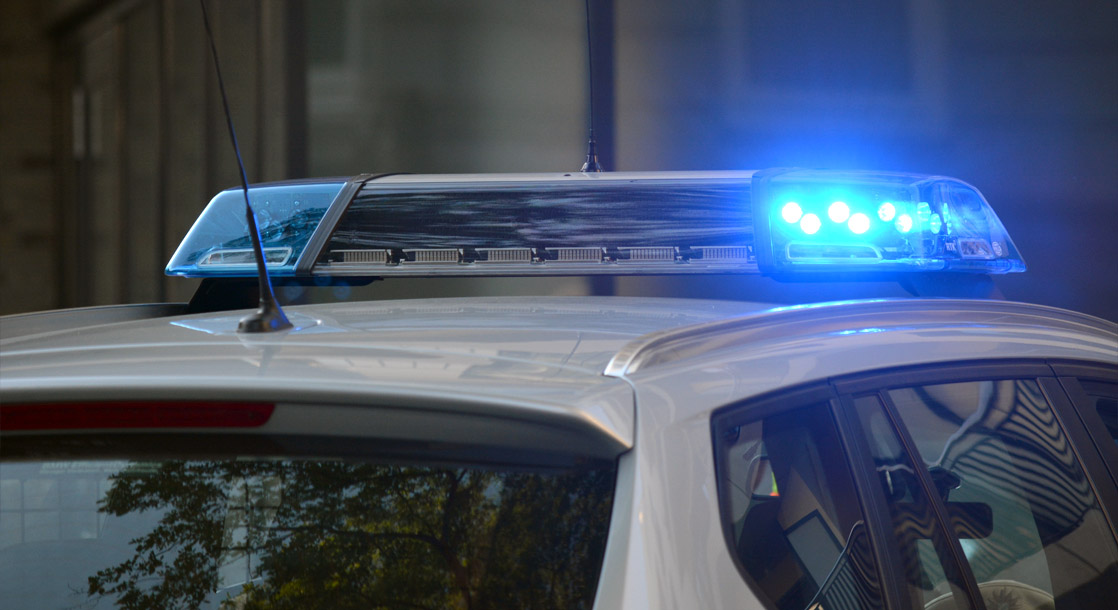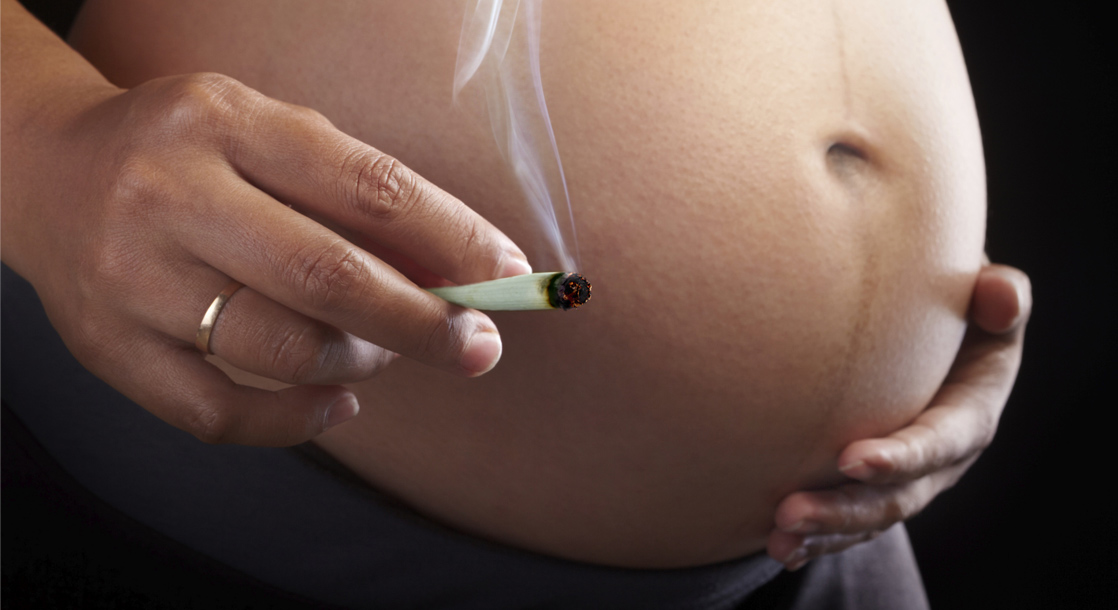Imagine a system where it would be better for your career if you tested positive for marijuana on the job. As it turns out, professional baseball is such a job.
Dirk Hayhurst, a former player who spent years in the minor and major leagues, explained about how such a scenario exists in a 2014 article he wrote. “The issue here isn't the innate evil of weed, but rather that Major League Baseball once again has made ridiculous rules for minor leaguers - restrictions that don't extend to the majors, creating loopholes and double standards along the way.”
According to Hayhurst, minor league players “actually have an incentive to smoke — to do any drugs of abuse for that matter — because, if they're talented enough, they can force the organization's hand on a roster move. A player can threaten to smoke his way to a major setback under minor league rules, if he's not promoted.”
And he's not wrong.
But how is this possible?
The answer: major league baseball's current Joint Drug Agreement.
According to the JDA, major league players aren't mandated to random drug testing, but minor league players are. Because of this, the most punishment a major leaguer can expect for marijuana is placement into a treatment program with violations of the program resulting in fines, but no suspension.
Nathaniel Grow points out that “the only way that a player could face a suspension for violating a marijuana-related treatment program under Section 7.D would be if both (i) he was determined to have flagrantly disregarded his treatment program, and (ii) the commissioner were to determine that the player’s drug use presents a threat to the safety of other players.”
On the other hand, a first positive test for marijuana in the minors will get a player into a treatment program, a second results in a 50-game suspension, a third is 100 games, and a fourth positive test will get a player suspended from organized baseball.
It seems odd that Major League Baseball would have such a lenient stance on marijuana once a player gets to the big leagues considering there's a lot more at stake for the players, the teams they play for and the league itself.
In context, it seems silly that marijuana be punishable at any level, especially in a sport where chewing tobacco is still allowed and beer consumption has become almost as big a part of the sport as the game itself.
Additionally, if the league is aiming for consistent enforcement, it lacks logic that a player could test positive for a banned substance and be rewarded for it with a promotion.
And in the case of Jeremy Jeffress, the policy has had potential life or death consequences.
Jeffress suffers from epilepsy and began experiencing seizures related to his condition while in the minor leagues. He turned to marijuana for relief, it worked and, as his agent, Joshua Kusnick, explains, “The doctors have told him that the correlation between not smoking marijuana and having the seizures was a real one.”
Unfortunately, the league's drug policy nearly ended Jeffress' career as he tested positive for marijuana in 2007, 2009, and then in 2013 when he was in the minors after clearing waivers following being traded to the Toronto Blue Jays.
If the punishments for marijuana were reversed, Jeffress would have had greater opportunities to find a non-marijuana way to treat his epilepsy in the big leagues after a first suspension instead of nearly being kicked out of the sport because marijuana was helping him while he was trying to get there.











